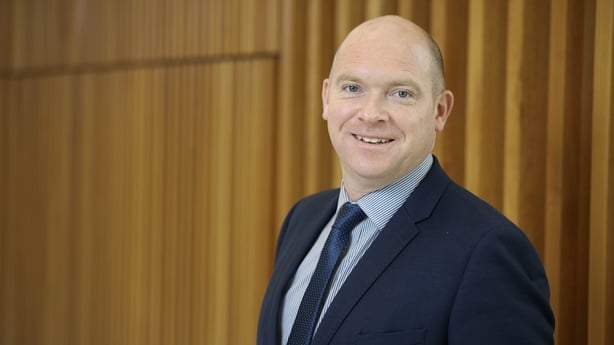Business insolvencies rose by 41% in the first quarter of the year with SMEs accounting for 85% of all business failures, according to PwC's latest Insolvency Barometer.
If this trend continues, PwC forecasts insolvencies will likely be close to 1,000 by the end of this year.
Looking at sectors, the barometer finds that hospitality is under pressure and affected much more than retail.
For example, retail had 44 insolvencies in absolute numbers in January, February and March.
However, reflecting the large number of restaurants having closed over recent months, hospitality (45 insolvencies) had over three times the equivalent business failure rate per 10,000 businesses (25) when compared to retail (8).
The hospitality and retail industries made up 40% of the total number of insolvencies in Q1 2024 (89 insolvencies), up from 68 insolvencies in Q1 2023.
This trend continues from 2022 and 2023 whereby hospitality consistently had one of the highest failure rates quarter on quarter.
The report also shows that the hospitality and retail sectors have the most warehoused debt with Revenue.
Ken Tyrrell, Business Recovery Partner, PwC Ireland, said that with a Covid debt overhang on top of having to deal with a high cost of doing business, some Irish businesses continue to struggle.
"It is apparent from our analysis that, in order for some of these businesses to survive at least in the short term, a large volume of businesses in the retail, hospitality and construction sectors will require some form of restructuring during 2024," he said.
We need your consent to load this rte-player contentWe use rte-player to manage extra content that can set cookies on your device and collect data about your activity. Please review their details and accept them to load the content.Manage Preferences
"The quicker these processes are tackled and a plan is put in place the better including, where applicable, agreeing a Phased Payment Arrangement with Revenue."
Rescue processes, namely Examinerships and SCARPs, made up just 3% of insolvencies in the first quarter of 2024.
There were only two Examinerships and five SCARPs in Q1 2024. By comparison, there were two Examinerships and eight SCARPs respectively recorded in Q1 2023.
Mr Tyrell said it is likely that these low numbers were impacted by the extension of the Revenue warehoused tax debt.
However, a large number of businesses are still carrying a significant level of warehoused tax debt on their balance sheets and may still require the use of an Examinership or a SCARP process later in 2024.
€1.7 billion of tax debt remains warehoused by nearly 56,700 businesses. Just over 5,000 businesses owed 83% of the total €1.7 billion owing, and the average owed was €280,000 each.
A recent Revenue update has indicated that the top 226 companies owe €570m in total, at an average of €2.5m each.
The zero interest rate and additional time to 1 May 2024 to agree a phased payment arrangement by Revenue has provided some respite for businesses who are continuing to avail of this scheme.
Although this May deadline is now fast approaching and Revenue have recently advised that where businesses do not engage, warehoused debt will be subject to "immediate collection" after May 1 and "possible enforcement", with the standard interest rates of between 8% and 10% then applying to all debt owed.
"Viable businesses that cannot reach a phased payment arrangement with Revenue will then need to urgently consider whether they need to avail of a formal restructuring process, such as a SCARP or examinership, to restructure their balance sheet," Mr Tyrell said.
Commenting on today's figures, the Director of the SFA, David Broderick, said it shows that the hospitality sector is experiencing severe pressure, serving as a canary in the coalmine for the challenges confronting many small businesses.

"With 80% of SMEs opting for liquidation rather than examinership, there's evident weariness amid escalating business costs, suggesting they've reached a breaking point," Mr Broderick said.
David Broderick said the SFA is advocating for more direct action to alleviate costs for struggling businesses, including the proposal of a PRSI rebate, structured to provide a rebate for each worker earning below an agreed-upon threshold.
"Additionally, we suggest implementing more rigourous stress tests on all government legislation through more rigourous Regulatory Impact Assessments, evaluating how proposed laws will affect the functioning and prosperity of SMEs," he said.
"Furthermore, to better equip businesses for future skills demands, we propose the introduction of a National Training Voucher Scheme. This scheme aims to enhance in-company training and broaden participation in upskilling and reskilling efforts to encompass all businesses and employers," he added.







